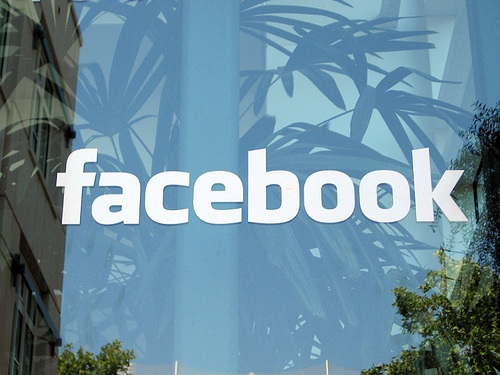Facebook Friend Requests: 6 Options
Last week, someone wrote to ask me for advice about handling a particular Facebook friend request. In discussing the options with her, I outlined the choices and thought this might be useful for others.
Whether the request is coming from a co-worker, relative or prospective employer, Facebook friend requests can sometimes be cause for pause or uncertainty. I can see the following options for handling Facebook friend requests:
- “Ignore” (refuse) the request. If you select the “Ignore” button, the person requesting does not know that you’ve refused the request, but he or she can send you another request if they search for your name again. (See Facebook’s blog, “What Happens If I Ignore a Friend Request?“)
- Do nothing, and let the request linger without accepting or refusing. (Facebook’s terminology is a little confusing here, as “Ignoring” is really a denial, while actually ignoring is passive and doesn’t involve any action.)
- Send them a message. In the past this allowed the person requesting to view additional content on your profile, but I don’t believe this is the case anymore. (See “Facebook’s Trapdoor.”) It appears that this practice has changed because the alert message that used to appear no longer does.
- Delete any potentially embarrassing or career limiting content from your profile, and then accept the request.
- Add them to a specific friend list and accept their request. Facebook has made some improvements to friend lists and privacy controls. Don’t know what a friend list is, or how to set one up? See ReadWriteWeb’s “5 Easy Steps to Stay Safe and Private on Facebook.” (This post is also a good reminder on Facebook privacy controls in general.)
- Accept the request.
After I talked her through the options, I found a post from Jeremiah Owyang on this topic, and he suggested an additional option: redirect the person to LinkedIn, with a note explaining why (“Help! My Boss Wants to Be My Friend on Facebook“). Jeremiah also talks about the various messages these actions might communicate.
Many people use Facebook more for personal than professional use. I’m one of them, and you won’t see a Facebook option on my “Contact” page here. However, I do have some professional contacts on Facebook, and my general rule of thumb is that everything I have on Facebook is something I’m comfortable if my mother and my boss(es) should see. But that’s fodder for a future post….
Are there other options for dealing with Facebook friend requests that I haven’t included here?

